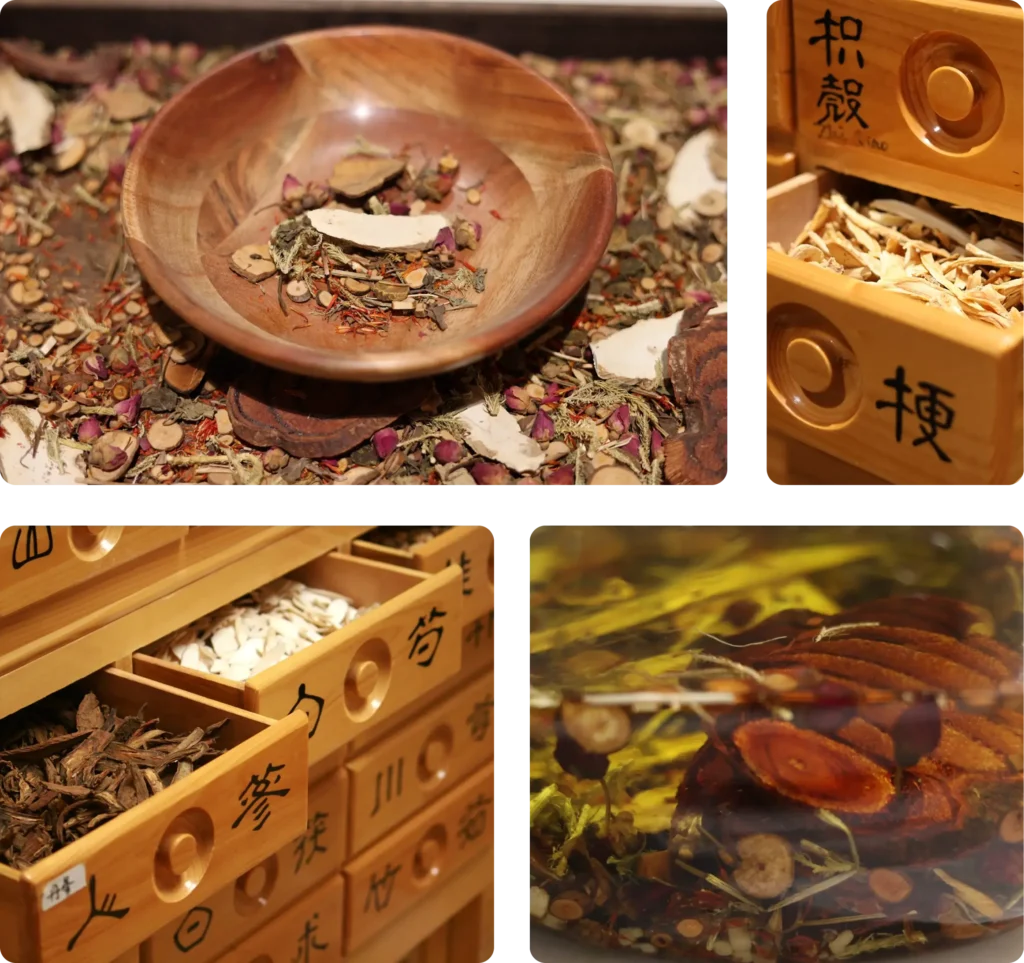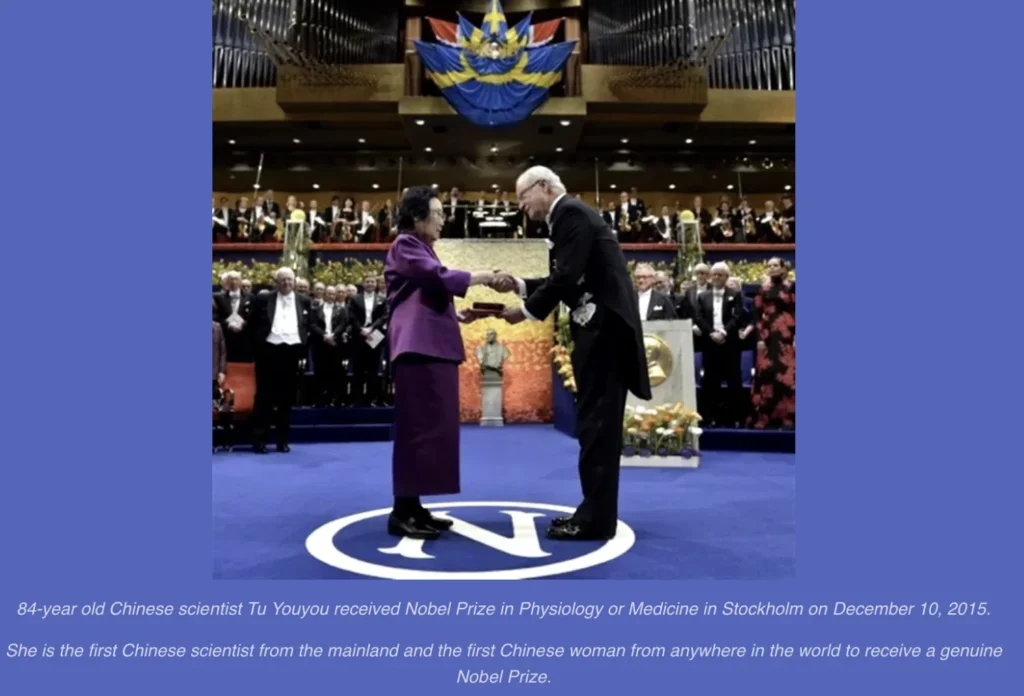Call (480) 451-8880 or click HERE to start your healing journey!
Call (480) 451-8880 or click HERE to start your healing journey!
“Herbal Medicine” spans TCM (Traditional Chinese medicine), Ayurveda, Western herbalism, etc. This overview focuses on TCM’s history/modernization, properties, application/safety, training & regulation, and our practice at Eastern Medicine Center.
We combine pattern-based diagnosis with modern QC. Our formulary holds 400+ dried Chinese herbs (incl. Wisconsin ginseng), plus granules/extracts and selected international botanicals (e.g., Ashwagandha).
TCM dates back 3,000+ years. The Huangdi Neijing is often dated around the 2nd century BCE and established core frameworks in yin and yang, Zang-fu/meridians, and pattern diagnosis. While the Huangdi Neijing is a key text, the roots of TCM go back further. Some believe its origins are over 5,000 years old, with evidence found in Shang dynasty (1766 – 1122 BCE) oracle bones.
The text established crucial frameworks that remain central to TCM practice today:
In essence, TCM seeks to restore balance and harmony within the body and between the body and its environment through practices like acupuncture, herbal medicine, and lifestyle adjustments.


The 2015 Nobel Prize in Physiology or Medicine was awarded to Tu Youyou for her roundbreaking discovery of artemisinin a crucial drug used to treat malaria, Tu Youyou’s work focused on Traditional Chinese Medicine to find a cure for malaria, ultimately leading to the isolation of artemisinin from sweet wormwood (Qing Hao). This discovery has significantly reduced malaria mortality rates, particularly in regions with chloroquine-resistant strains.
Global impact: dramatic drops in malaria mortality; Prof. Tu Youyou team awarded in 2015.
Four Qi (Four Natures): This refers to the energetic nature of a substance, categorized as:
Hot: Stronger than warm, used for conditions needing strong warming.
Five Flavors (Five Tastes): These are the five basic tastes of herbs, each associated with different actions:
Salty: Softens hardness, purges downward.
This refers to the specific meridian or channel (pathway of Qi) that a substance influences within the body. Understanding meridian tropism helps determine which organs or parts of the body a particular herb or food will affect. For example, the herb Salvia militarize, associated with the heart meridian, is traditionally used to treat chest discomfort and heart pain.
These three concepts, along with other TCM principles, are integrated to create a holistic picture of a person’s health and to formulate individualized treatment strategies.
Whether an individualized prescription or a formula for common illnesses, composition must follow strict rules. As outlined in the classical canon and refined by later formulary theory, the roles of Chief, Deputy, Assistant, and Envoy structure a safe and effective formula. Adhering to these principles helps maximize efficacy while minimizing unnecessary side effects.
Formula follows pattern shifts: adjust chief/deputy and change guiding/harmonizing envoy as the pattern evolves to sustain efficacy and reduce adverse effects.
For potential antagonism, either separate in time, adjust ratios, or choose a different assistant/guiding herb; for true incompatibility, do not combine.
Antagonism wastes therapeutic “signal”; incompatibility raises harm risk. Always check patient medications (e.g., anticoagulants) and organ function when designing formulas. Build a clear therapeutic “axis” e.g., one herb sets the theme (tonifying, clearing, moving), the partner amplifies it or improves targeting.
Safety note (U.S.): many herbal products are regulated as dietary supplements in the U.S., not as prescription/OTC drugs. Avoid self-medicating with strong extracts or stacking multiple products; consult qualified practitioners, especially during pregnancy/breastfeeding, in children/elderly, or with chronic disease/polypharmacy.